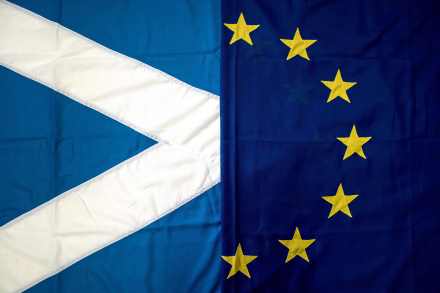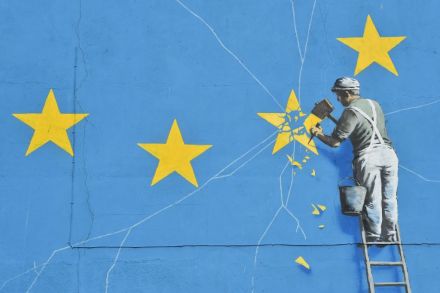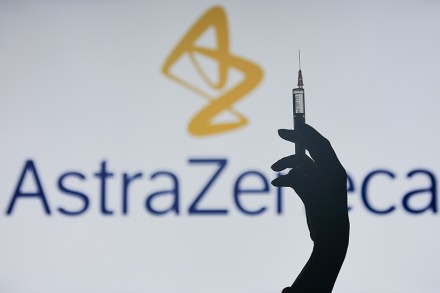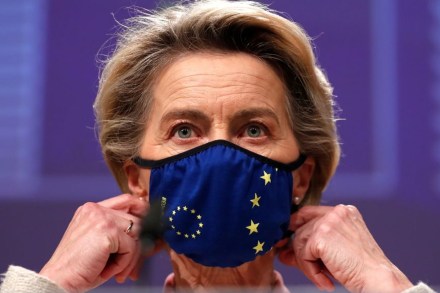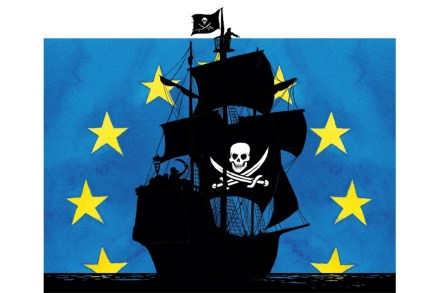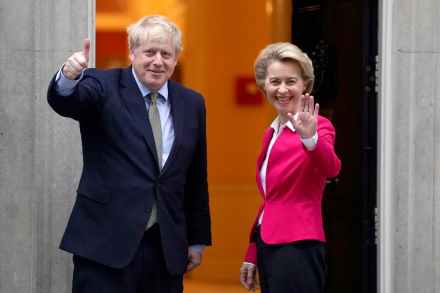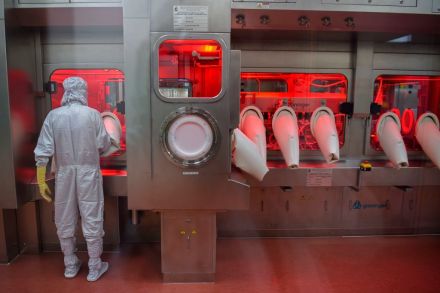The economic cost of the EU’s vaccine catastrophe
It didn’t order enough vaccines, spent too little money, dithered over authorisation and then lashed out at the companies making them. Over the last few weeks, the catastrophe of the European Union’s vaccine roll-out has become painfully clear to everyone. We are already starting to see the toll it is taking on the continent’s health, with a brutal third wave sweeping across mainland Europe as new variants hit an unvaccinated population, and with fresh lockdowns, overflowing hospitals, and death tolls still climbing as they fall dramatically elsewhere. And yet there is also a second stage to that crisis – an economic catastrophe – that is just getting started. The EU




